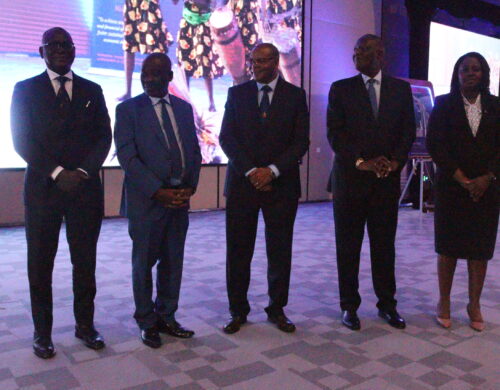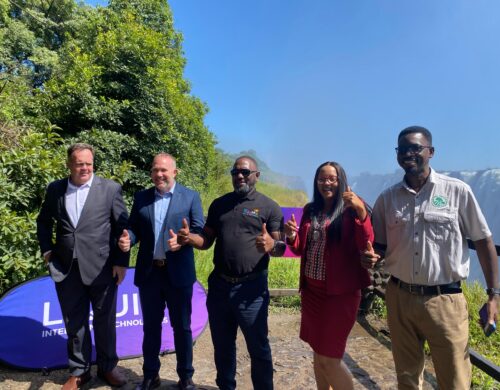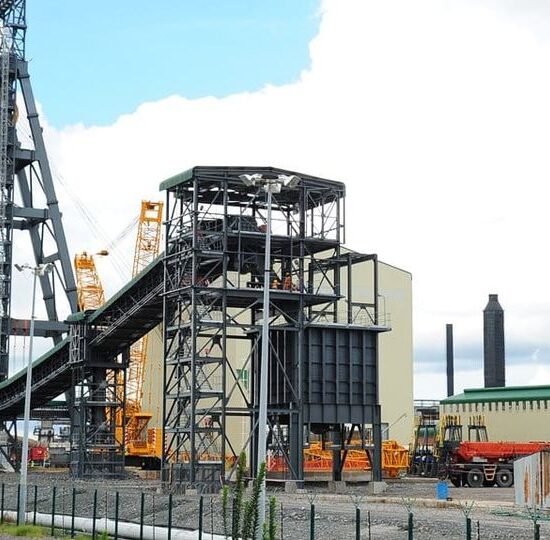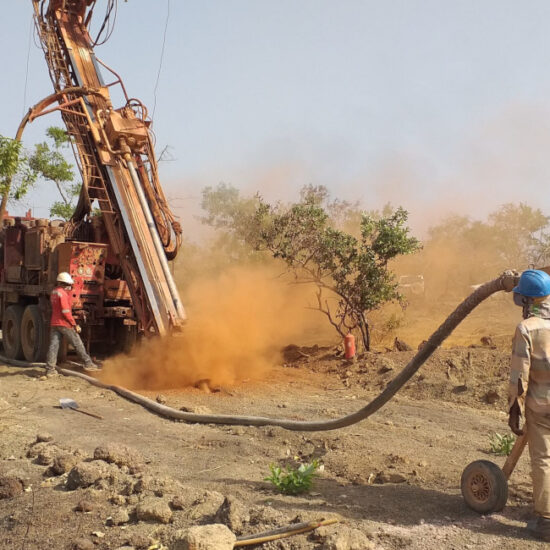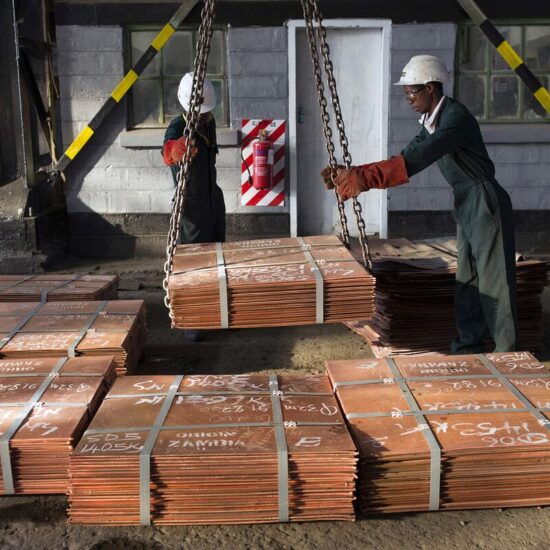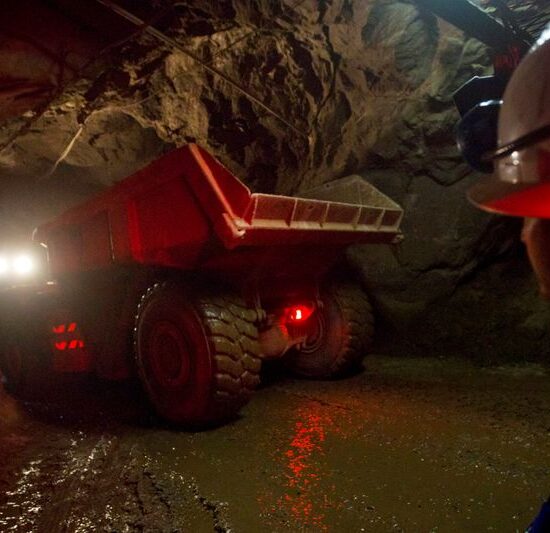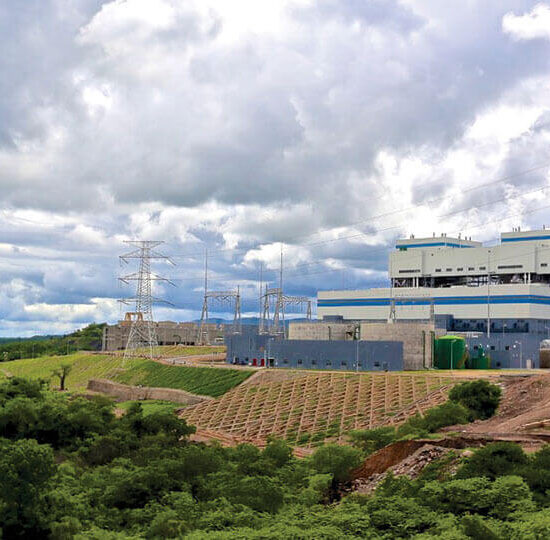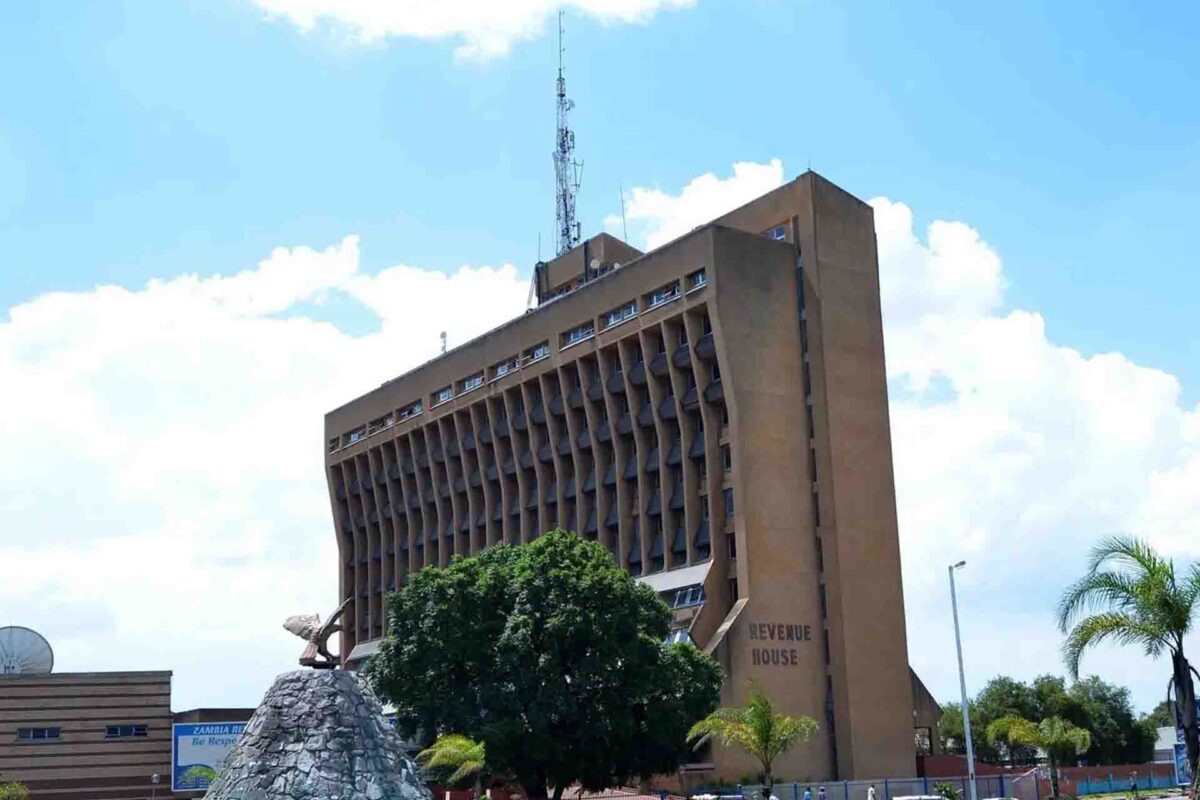
Economist has warned that the Zambia revenue authority collection target of K125 billion for the financial year 2024 will be unattainable if the country’s mines do not resume to full production.
Speaking in an exclusive interview with the Zambian Business Times, Naylor Kopakopa said that if the mines do not return to full production, the Zambia Revenue Authority (ZRA) will struggle to meet its target. “However, if the mines do resume operations, ZRA may be closer to achieving its target, as the tonnage at KCM and Mopani, and sales tax collection, is expected to increase.”
Kopakopa further explained that ZRA does not seem to have the capacity to collect enough revenue through income tax, as it depends on how sophisticated a firm’s accountants are. He added that ZRA does not have its accounting standards for tax purposes but relies on international accounting standards. This means that even when the mines make a profit, they may make a loss for tax purposes because of the way they do their accounting.
However, if production goes up due to the resumption of work at Mopani and KCM, the tonnage of copper production will go up, and mineral royalty tax, which is based on sales, will help boost revenue collection.
Kopakopa noted that the mining sector is the major area where ZRA can capitalize in terms of revenue collection. The key is the increase in copper production because sales tax is difficult to manipulate since the amount of copper sold on a particular day is known.
“Income tax depends on how sophisticated the accountants of a firm are because the financial reporting standards give a lot of alternative treatment of the items or expenses. So a clever accountant would treat an expense in a way that will help him reduce the tax liability” said Kopakopa. He said ZRA does not have its accounting standards for tax purposes but relies on international accounting standards. “So even when the mines do make a profit, they will make a loss for tax purposes because of the way they do their accounting,” said Kopakopa.
He also discussed the Export Tracking Framework by the Bank of Zambia (BOZ), which he believes will be of help in the collection of revenue. The framework will ensure that all exporters who were not paying taxes will begin paying, thereby increasing revenue collection.
He added that the Zambian government may need to take measures to ensure that the mining sector returns to full production capacity to achieve its revenue collection target.
Additionally, ZRA may need to explore other avenues to increase revenue collection, especially in areas where it has the capacity to capitalize on, such as the mining sector.
